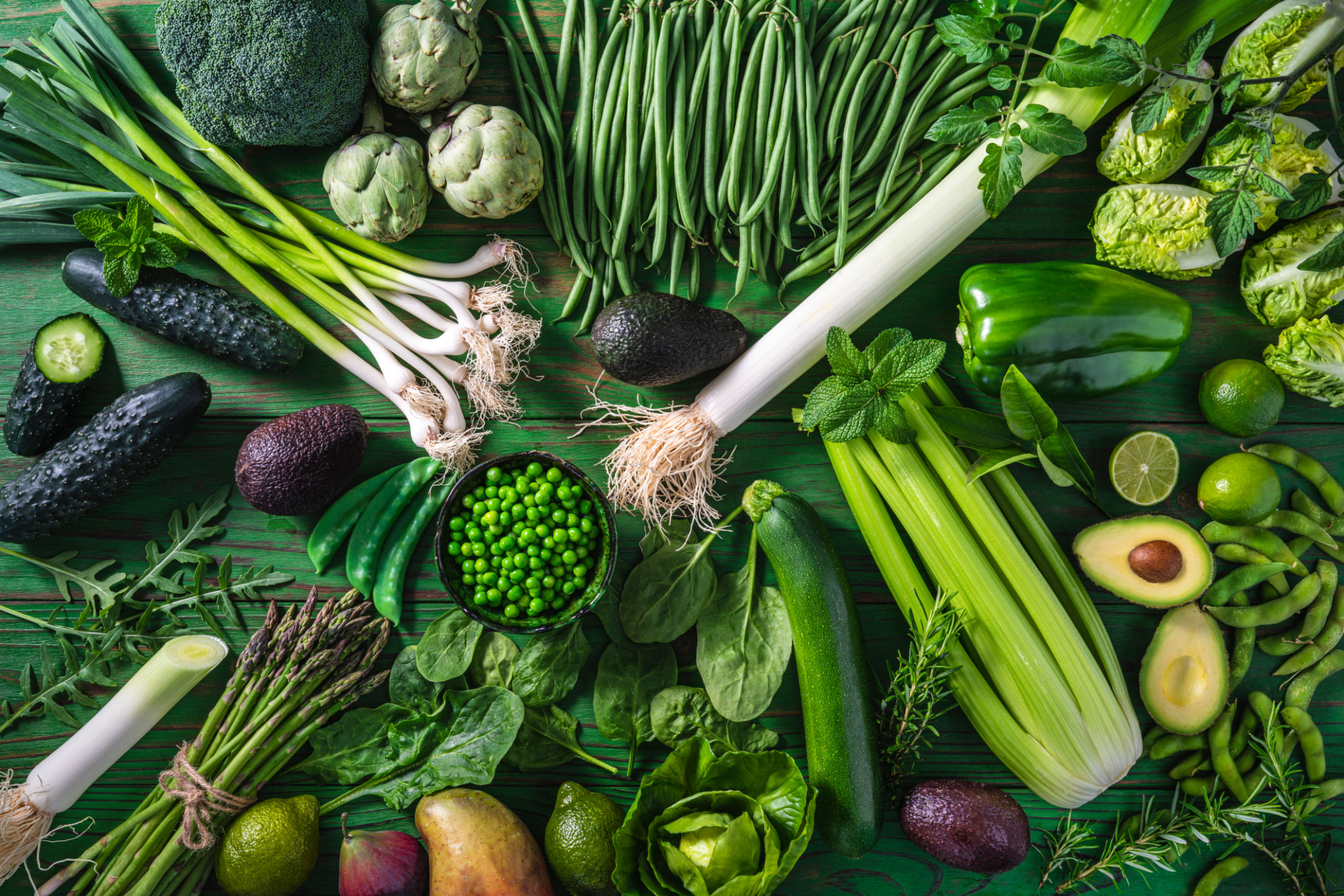Seasonal Nutrition Tips for Women: Staying Healthy Year-Round
Understanding Seasonal Nutrition
As the seasons change, so do our nutritional needs. It's essential for women to recognize these changes and adjust their diets accordingly to maintain optimal health. Each season brings a unique set of fruits, vegetables, and other foods that can help support our body's needs.
Understanding and incorporating seasonal produce into your diet can provide numerous health benefits, including increased nutrient intake and support for the body's natural rhythms. By eating seasonally, you can ensure you're getting the freshest and most nutrient-dense foods available.

Spring: A Time for Renewal
Spring is the season of renewal, making it an excellent time to focus on detoxification and rejuvenation. As the weather warms up, incorporate more leafy greens like spinach, kale, and arugula into your meals. These greens are rich in vitamins A, C, and K, which help support your immune system and skin health.
Additionally, consider adding cruciferous vegetables such as broccoli, cauliflower, and Brussels sprouts. These vegetables are known for their detoxifying properties and can help support liver function.
Hydration in Spring
With the arrival of spring, it's also essential to stay hydrated. Increase your water intake to help flush out toxins accumulated over the winter months. Herbal teas and infused water with lemon or cucumber can be refreshing options.

Summer: Staying Cool and Hydrated
Summer is all about staying cool and hydrated. Focus on consuming plenty of water-rich foods like watermelon, cucumbers, and strawberries. These fruits not only hydrate but also provide essential vitamins and antioxidants.
During hotter days, it's crucial to maintain electrolyte balance. Incorporate foods like bananas, which are high in potassium, to keep your energy levels stable. Additionally, consider coconut water as a natural source of electrolytes.
Light Meals for Hot Days
Opt for lighter meals during the summer months to avoid feeling sluggish. Salads with fresh greens and grilled lean proteins like chicken or fish are excellent choices. These meals are not only nutritious but also easy to digest.

Autumn: Harvesting Nutrient-Rich Foods
Autumn brings a bounty of nutrient-rich foods that are perfect for hearty meals. Focus on root vegetables like sweet potatoes, carrots, and beets. These vegetables are packed with fiber and essential nutrients, making them ideal for supporting your digestive health.
Pumpkins and squash are other autumn staples that provide essential vitamins like vitamin A and C. These foods can boost your immune system as the weather starts to cool down.
Incorporating Whole Grains
As temperatures drop, begin incorporating more whole grains like quinoa, brown rice, and oats into your diet. These grains provide sustained energy and are high in fiber, helping to keep you full and satisfied.

Winter: Nourishing and Warming Foods
Winter is the time to focus on warming and nourishing foods. Soups and stews made with seasonal vegetables can be comforting and nutritious. Include ingredients like garlic, onions, and ginger, which have immune-boosting properties.
Don't forget about citrus fruits like oranges and grapefruits during winter. They are high in vitamin C, which can help ward off colds and boost overall immunity.
Healthy Fats for Warmth
Incorporate healthy fats like avocados, nuts, and seeds into your diet during winter months. These fats provide warmth and energy, helping you stay cozy during colder days.
By embracing seasonal nutrition throughout the year, women can support their health naturally while enjoying the diverse flavors each season has to offer.
